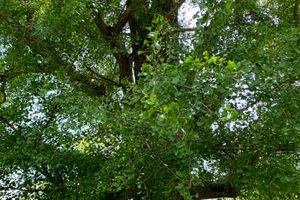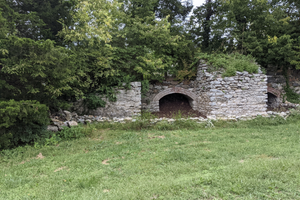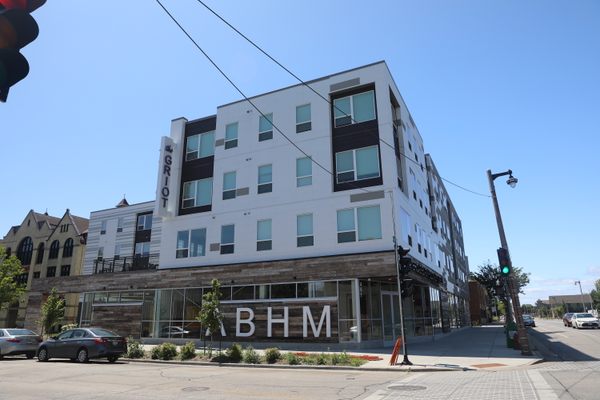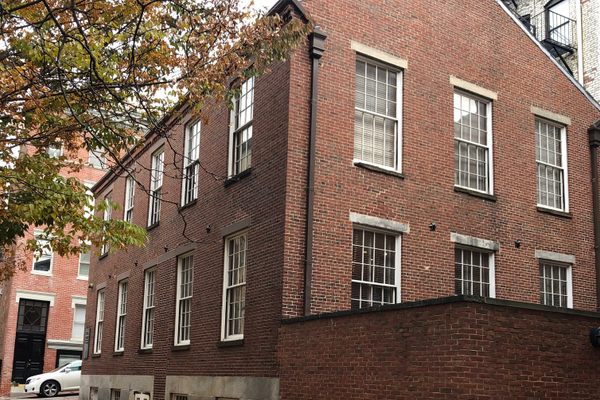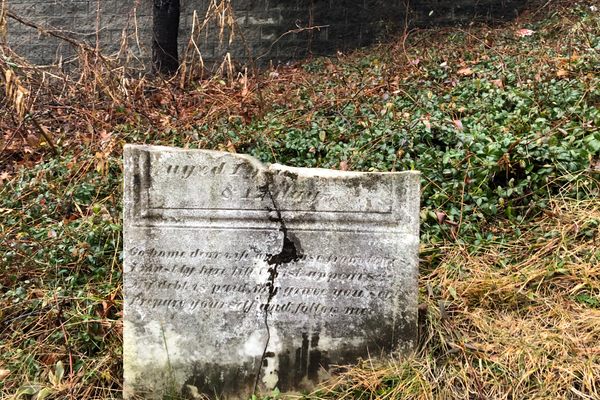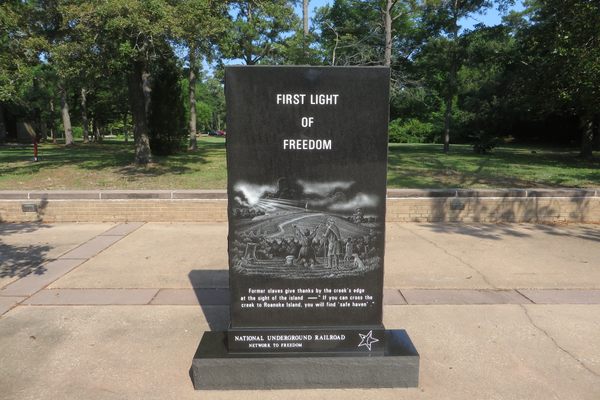About
Gleedsville Cemetery is eastern Loudoun County's largest African-American cemetery, but it is all but unknown to anyone who isn't already aware of its location.
The cemetery served the community of Gleedsville, Virginia, which was founded in the late 1800s by formerly enslaved people from Oatlands Plantation and existed until the mid-20th century; it was named for community leader John "Jack" Gleed. In 1893, the community established the Gleedsville Cemetery, not far from the Mt. Olive Methodist Church, which still stands on Gleedsville Road in Leesburg. (It is now the Unitarian Universalist Church of Loudoun.)
The neighboring community of gigantic houses is an odd juxtaposition with this humble but interesting cemetery. The hallowed ground lies down a long gravel road with only a small sign along Gleedsville Road to indicate its presence. Another small sign marks the entrance to the cemetery itself.
Gleedsville Cemetery includes a number of tombstones laid out in a somewhat erratic fashion, with several families grouped together and other markers spread out at random intervals. There are reportedly unmarked graves here, and a few that stand in the woods by which the cemetery is encircled. Experts estimate the site is home to 40 to 100 graves.
Related Tags
Know Before You Go
The address on the mailbox at the head of the gravel path that leads to the cemetery is 20364 Gleedsville Road, Leesburg, Virginia, which is the address of a house at the end of the gravel path. The cemetery is marked by a sign, and it is possible to pull off the gravel path there. This is recommended so as to avoid blocking the driveway for the residents who live at the end of the path.
Community Contributors
Added By
Published
November 30, 2021



























